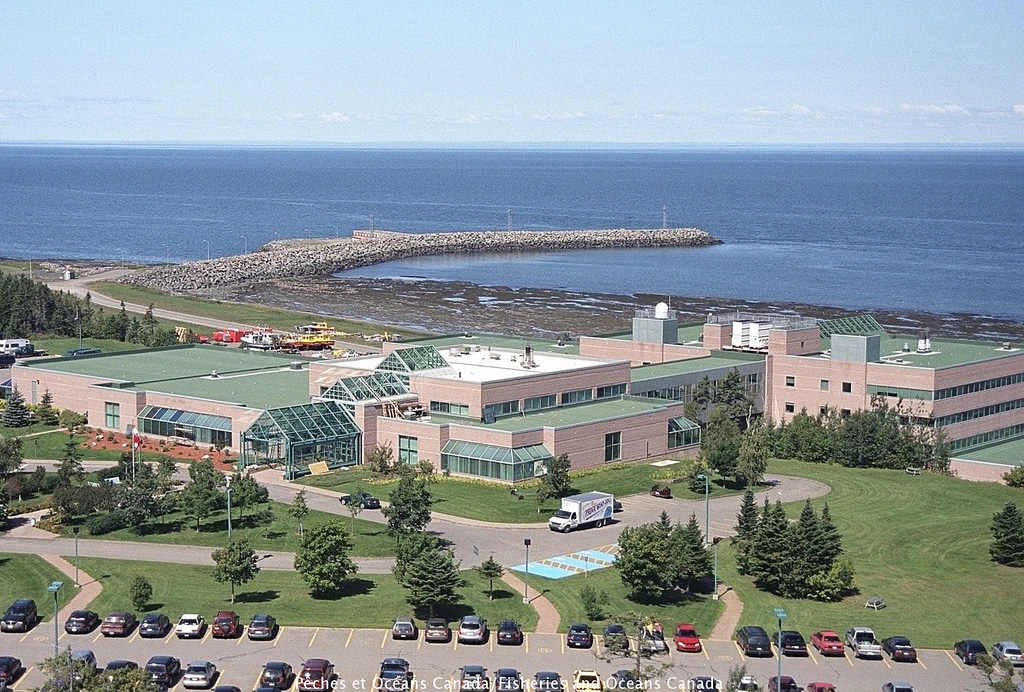Today, the preservation and spread of knowledge through publicly accessible libraries appears to be in peril at the national level, as the Government of Canada is closing a number of its federal departments’ libraries.
“I’ve got more libraries in my area than I have Tim Hortons.”
Toronto City Councillor Doug Ford famously quipped about the number of libraries on CFRB 1010 radio on July 14, 2011. His comment fuelled public outrage, and galvanized Torontonians’ opposition to City Council’s plan to close a number of public libraries as a cost-saving measure.
Backed by world-renowned author Margaret Atwood, the successful opposition to the cuts included an online petition of over 45,000 signatures, and the libraries remained open. The incident will be remembered not only as an example of effective civic engagement, but also as an illustration of the important role that libraries play in public life. As The Globe and Mail put it, they serve citizens by “democratizing knowledge.”
Today, the preservation and spread of knowledge through publicly accessible libraries appears to be in peril at the national level, as the Government of Canada is closing a number of its federal departments’ libraries. One of the recent closures involves seven of the Department of Fisheries and Oceans’ (DFO) libraries throughout Canada. According to the DFO, its 11 libraries will be consolidated into two primary and two specialized locations. The unique collection, one of the world’s richest, consists of about 660,000 items related to fisheries, aquatic sciences and nautical sciences. It is being pared down to remove duplicates or items deemed unrelated to the subject, and digitized to facilitate access, while the physical materials will be available for order through inter-library loans.
The closing of the DFO’s libraries has caused much grief among members of Canada’s scientific community, many of whom see it as an assault on science, and believe it to be an ideologically and politically motivated decision. While it is the federal government’s prerogative to decide how to allocate funds within its departments and to restructure its programs and services, including libraries, the closures pose some serious threats to freedom of expression in Canada. As the accounts of and reactions to the DFO library closures indicate, these dangers to the democratic access to knowledge are both symbolic and practical.
Many have likened the federal libraries’ closures to a book burning, a strong symbol of censorship and the suppression of free expression. However, book burning was not just a symbol for those who witnessed the weeding of the DFO libraries’ contents prior to their closure; some of the materials deemed superfluous were actually destroyed in this manner, while others were dumped in landfills, or left to DFO employees or others who appreciated their worth to scavenge and save. Truckloads of archived research and environmental licensing documents that were being discarded in the closure of the Freshwater Library at the University of Manitoba were apparently taken away in early December, 2013, by a private company that does environmental assessments for governmental and corporate clients.
It is not only the alleged destruction of some of the valuable materials that may diminish the ability of scholars, students and the general public to access the vast body of knowledge contained in the federal libraries. According to Dalhousie University scientist Eric Mills, it is unlikely that the inter-library loan process will be inexpensive and easy to navigate. The opportunity to walk into a library and browse what is there — discovering uniquely informative items such as century-old reference books, which are reportedly a part of the current DFO collection, will also be lost. This will limit access to the specific items of which the researcher knows about and purposefully looks up and orders through the digital library. As Mills stated, many of the materials will be “out of sight, out of action.”
It cannot be clearly proven that the decision to reduce the number of federal libraries is anything other than an attempt to increase efficiency and cut public administration expenses. However, there is much speculation that there are other motivations. A group of unnamed scientists told the CBC that the federal government is trying to shut down research that may not support its economic agenda. Given that the DFO libraries contained materials related to the environmental impacts of human activity on Canada’s bodies of water, it is not surprising that the critics of some of the federal government’s priorities, such as the development of Alberta’s oil sands industry, suspect that there is a desire to limit public access to this type of scientific information.
The Canadian government has already been criticized for trying to silence the scientists working for federal departments, as CJFE addressed in the 2012-13 issue of the Review of Freedom of Expression in Canada. A September, 2013, editorial in The New York Times also points out the increasing difficulty of publicly funded scientists in Canada to communicate with the media, due to the imposition of internal restrictions. In April 2013, Canada’s Information Commissioner launched a probe into the issue, prompted by a report released by Democracy Watch and the Environmental Law Centre at the University of Victoria. The over 100-page report details how Environment Canada employees have been prohibited from talking to the press and have been obliged to refer media questions to departmental spokespeople or to respond only with pre-approved media lines.
The ability for citizens to hold governments accountable is dependent on the availability of information. Whatever the motivation for the closure of these libraries, that public resources and information are being limited is a cause of great concern for free expression and democracy.
Radostina Pavlova is a JD candidate at the University of Toronto’s Faculty of Law.
This article was originally published on cjfe.org on 24 January 2014.



